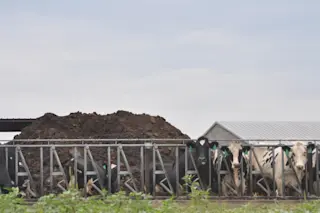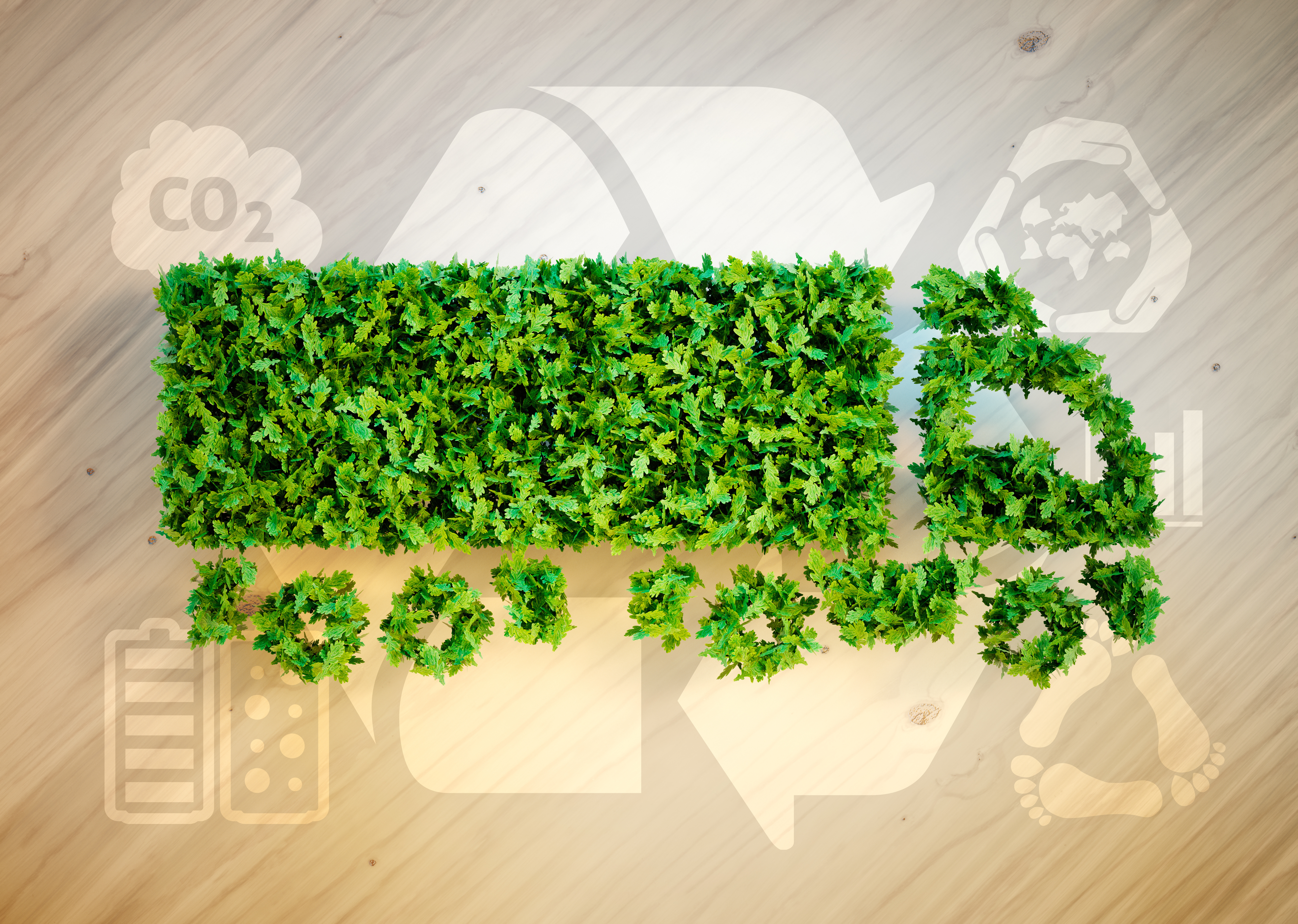In the zero-sum climate change debate, there's not much political space to discuss stopgap measures that would go a long way towards addressing climate change now. Take the issue of black carbon (also known as black soot), a noxious pollutant in developing countries that emanates from inefficient cooking stoves. Here's a revelatory passage from a 2009 NYT story by Elisabeth Rosenthal:
While carbon dioxide may be the No. 1 contributor to rising global temperatures, scientists say, black carbon has emerged as an important No. 2, with recent studies estimating that it is responsible for 18 percent of the planet's warming, compared with 40 percent for carbon dioxide. Decreasing black carbon emissions would be a relatively cheap way to significantly rein in global warming "” especially in the short term, climate experts say. Replacing primitive cooking stoves with modern versions that emit far less soot could provide a much-needed stopgap, while ...













